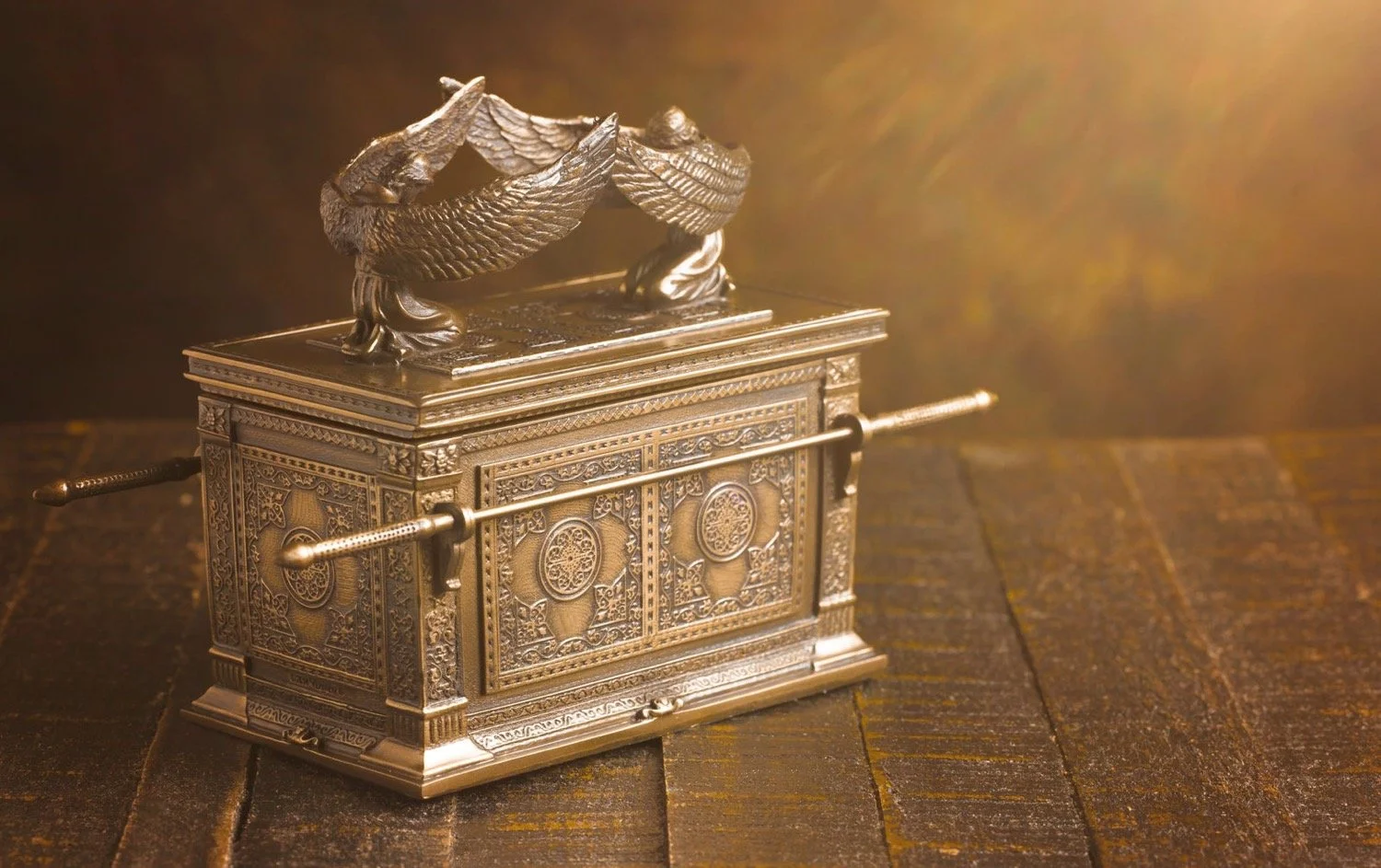Readings for today: Exodus 29-32
Yesterday was Super Bowl Sunday in America. An annual event that draws millions. Watching the game may be the one thing most Americans have in common. However, even the common passion we share for the game of football is not enough to overcome the sharp divisions that plague our nation. Rather than enjoy watching some of the world’s most incredible athletes play at the highest level, we critique and complain. We don’t like the other team. We don’t like the coach or a particular player. It doesn’t matter that we’ve literally never met them. We don’t like the pre-game festivities. We don’t like the half time show. We don’t like the commercials. Even the Jesus one gets torn apart. Everyone and everything gets viewed through a binary, overly simplistic lens. And this is all just scratching the surface of what’s really happening down deep.
Israel wasn’t much different. She complained all the time. Criticized Moses and his leadership repeatedly. Every time things got difficult, she thought about turning back to Egypt. Can you imagine willingly re-submitting yourself to slavery? Craziness! She was impatient. She was easily frustrated. She constantly turned from God to idolatry. Mutiny and rebellion were always lurking below the surface. Is it any surprise then that God thought about wiping them out and starting over? In fact, there are times I wonder if God has the same feelings for us!
Thankfully, I know the answer. He does not. How can I be so sure? Because we have an intercessor greater even than Moses who stands in the throne room of heaven constantly advocating on our behalf. Whereas Moses called on God to remember His faithfulness and protect His own glory and reputation by sparing Israel, Jesus calls on His Heavenly Father to remember His great love for us and the sacrifice He made on our behalf to save us from our sins. When God looks down on us, it is through the eyes of His Eternal Son who gave His life for us. No other intercession is needed.
At the same time, we are invited to serve as intercessors as well. We are encouraged to pray for each other, pray for our loved ones, pray for our neighbors, pray for those with whom we disagree, pray for those who may even be our enemies and ask for God to intervene in their lives. Imagine what could happen if we channeled all the energy we spend complaining and criticizing into intercessory prayer? Perhaps the Lord would relent from His righteous judgment, forgive our sins, and heal our land?
Readings for tomorrow: Exodus 33-36




